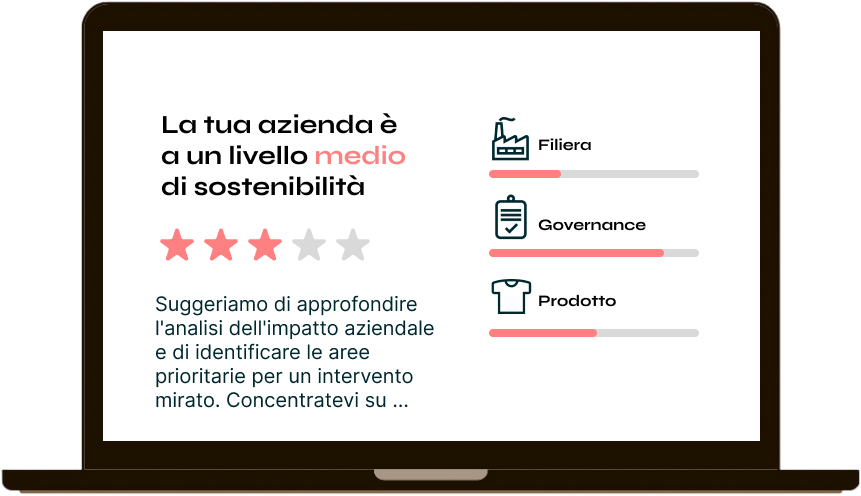Interview with CasaGIN: Quality Fabrics, Made in Italy and Innovation
CasaGIN is a young company from Veneto founded in Padua in 2017. The brand was born with the idea of making 100% Made in Italy clothing, without neglecting comfort and environmental protection.
The name "CasaGIN" comes from the word "home," which is meant to recall the well-being and sensation that the fabrics worn cause. "GIN," on the other hand, stands for Genuine, Innovative and Natural, which are the brand's founding values.
The CasaGIN team defines itself as a team of fellow citizens of the world, united by a love of nature and moved by a desire to create something positive, for themselves and the environment.
The company has been honored as the only innovative fashion startup internationally by MIT, the Massachusetts Institute of Technology.
Matteo Donolato, Marketing&Sales Manager, tells us what are the origins of the brand, founded by Daniela Prandin and born from the desire to create a unique brand, a source of well-being for the body and the earth.
Textile work is a manufacturing art and only a product made with care is able to convey an authentic feeling of well-being.
Matteo Donolato, Marketing&Sales Manager
The principle of 100 percent Made in Italy (the brand's garments are spun, woven, dyed and made in Italy) is associated by casaGIN with a concept of well-being and contribution to the social and economic development of local communities, the main objective of the. brand especially in the initial period of activity. Made in Italy is synonymous with quality and guarantee, says Matteo, who describes the fabrics used as soft, breathable, antibacterial and hypoallergenic.
The all-Italian matrix production and the provision of an e-commerce platform was what allowed the brand to survive the pandemic without any kind of effort. Being able to contain the production chain within national borders was definitely a strategic and preventative move for any kind of unforeseen event. Paradoxically, Matteo says, the customer base also did not drop because the more time people had, allowed them to become more informed and understand what they were going to buy.
CasaGIN presents a repertoire of splendid materials, including Tencel™ fabrics, a trademark registered by the Austrian company Lenzing AG that certifies the production of Lyocell and Modal textile fibers: two man-made fabrics of natural origin, extracted from Eucalyptus and Beech plants, respectively.
Lyocell and Modal labeled TENCEL™ are environmentally friendly fibers derived from the regeneration of wood cellulose-natural polymers found in vegetative living cells. The production of Lyocell, in particular, has certified production process (closed-loop) that allows the recovery of 99% of solvents and water used in the yarn process.
Another material used in CasaGIN garments that has a low environmental impact is ECONYL®, nylon that is obtained from the recovery of fishing nets abandoned in the seas and is then regenerated through an innovative purification process that brings it the quality of the initial nylon.
In the previous interview done with Jenny Ioannou, Communication Manager of Healthy Seas, it is explained in detail how the recovery of ghost fishing nets works and how the collaboration with Aquafil, a company that produces ECONYL®, works.
CasaGIN's plans include the inclusion of a line dedicated to comfortable sizes in order to increase the level of inclusiveness and develop a concept store dedicated to ethics and sustainability, expanding into the cosmetics sector as well.
Conclusions
"Sustainability" is a complementary concept to "quality and performance," and not a substitute. Matteo is among those working in the fashion industry, which confirmed this important association for us.
CasaGIN is a brand that likes to experiment and not just follow in the footsteps of other companies. This kind of approach is definitely what will pay off for them in the long run, standing out in the industry for its authenticity and genuineness.
Get articles like this and the latest updates on sustainable fashion automatically!
